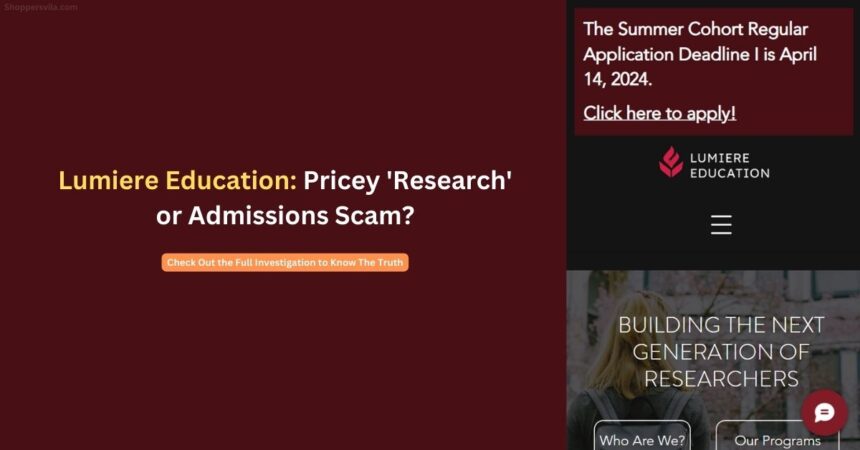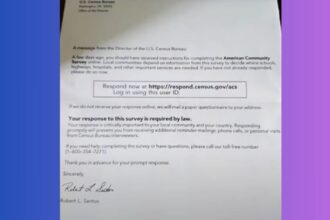Lumiere Education has cultivated an image of prestige, boasting of being “founded by researchers at Harvard and Oxford” and promising high school students the opportunity to work one-on-one with mentors from elite universities. Their research programs, which can cost families thousands of dollars, are marketed as a invaluable asset for college applications. However, a ProPublica investigation has uncovered concerning practices that call into question the true value and integrity of these offerings.
ProPublica’s reporting reveals that Lumiere engages in tactics more akin to a pay-to-play scheme than a legitimate academic venture. Services like inflating mentors’ credentials, misrepresenting ties to affiliated online journals, and offering incentives to college admissions consultants for referrals have all been uncovered. When confronted, some of these dubious practices were swiftly reversed by the company.
The Price of ‘Prestige’ Research
At the core of the Lumiere model is the ability to produce a university-level research paper through their various programs, ranging from $2,800 for a 12-week “Individual Research” option up to a staggering $8,400 for a 6-12 month “Research Fellowship.” The promise of working closely with a PhD-level mentor from an elite institution is undoubtedly enticing for families trying to gain an edge in the cutthroat college admissions landscape.
However, critics argue that these exorbitant costs are exploiting families’ insecurities without providing true academic rigor or value. “You’re teaching students to be cynical about research,” warns Kent Anderson, past president of the Society for Scholarly Publishing. “That’s the really corrosive part. ‘I can hire someone to do it. We can get it done, we can get it published, what’s the big deal?'”
Employees Expose the Reality
While Lumiere touts incredible acceptance rates at elite colleges for their alumni, former employees paint a very different picture. One former consultant at Athena Education, an Indian service similar to Lumiere, admits to heavily revising student work before submission, effectively doing much of the research themselves.
“The university was tricked,” the consultant confessed, believing stronger academic performers were overlooked due to the illusion of published research. Another former Lumiere mentor described being paid $200 per hour – far exceeding standard academic rates – to “handhold” most participating students with limited abilities.
Predatory Publish-or-Perish Model
A key aspect of Lumiere’s programs is the emphasis on publishing student research, which the company facilitates through its own online journals and preprint platforms like The Scholarly Review. However, the prioritization of publication over academic merit is raising red flags.
“Almost any high school paper can find an outlet,” ProPublica’s expose revealed, uncovering papers with questionable academic value like “”Social Media; Blessing Or Curse” and “Is Bitcoin A Blessing Or A Curse?” getting published. The lack of transparency around the review process and editorial independence further muddies the waters.
Furthermore, the recent proliferation of pay-to-publish online journals leveraged by Lumiere has college admissions staff struggling to evaluate the merits of submitted work during the applications process. As one veteran Ivy League admissions officer lamented, “There are very few actual prodigies. There are a lot of precocious kids who are working hard and doing advanced things. A sophomore in high school is not going to be doing high-level neuroscience research.”
As the admissions landscape evolves away from overreliance on test scores and grades, the potential for companies like Lumiere to exploit families’ desperation for an edge seems likely to grow. Whether their model constitutes an unethical scam or simply an overpriced but legal service remains hotly debated. However, increased scrutiny and accountability measures may be necessary to safeguard academic integrity and equity in the college admissions process.

















